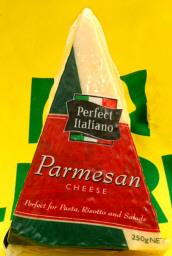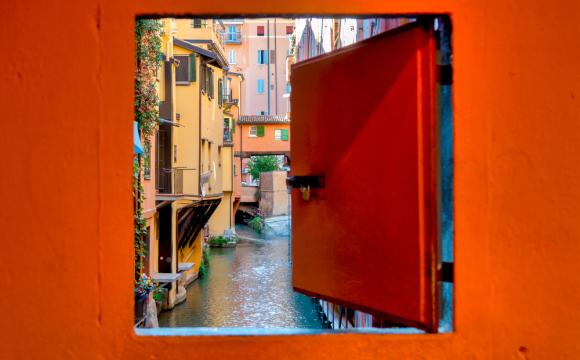Online sales of classic Italian food and wine produce are booming but buyers should be careful of scams, a study published on Tuesday warned.
The study, commissioned by the electronic Italian food outlet Esperya, reported soaring Internet sales in 2007.
Italian produce sold online generated around 190.7 million euros last year, a 15% rise on 2006, said the study.
But it warned that cheap imitations or foreign products masquerading as Italian originals were costing the domestic industry at least 52 billion euros each year.
Consumers buying online are particularly vulnerable to the problem of counterfeiting as there are fewer controls over electronic trading.
The sale of fake goods usually divides into two broad categories, the study noted.
Firstly, there are goods that bear fake quality labels implying they have been manufactured to certain standards. This is apparently a particular problem for Parmigiano Reggiano cheese, which has been plagued by inferior clones over the years.
The second category covers items labelled as coming from one geographical area but which actually come from another place entirely, such as a Pompeian olive oil made in California.
Esperya Director Gennaro Petretti expressed particular concern over the potential damage to Italy's reputation among foodies, given that online buyers tend to be gourmands in search of quality produce.
''For example, foreign consumers that shop with Esperya from abroad tend to have sophisticated tastes, and turn to the Internet for specialized sites selling genuine Italian produce,'' he said. ''They run the risk of ending up buying uncertified or counterfeit products''.
Producers recently warned that fake products were costing Italian farmers more than 60 billion euros each year, a 20% increase on the previous year.
The Italian Farmers Confederation (CIA) said the sale of such goods was on the rise globally, and called for help from the European Union.
Many Italian products are already protected by existing EU regulations that lay down strict rules on the item's origin and manufacturing process. No ham made outside the Parma area, for example, can bear the label Parma ham.
But these requirements do not apply to items manufactured and sold outside the EU, nor to the many products sold inside the bloc that are not on the EU register, for example pasta sauces.
Italy has been stepping up its efforts against food pirates in recent years.
Parma's Parmigiano Reggiano consortium has spearheaded the fight, and a series of legal battles have been fought over the popular cheese with generally positive results.
In 2005, the consortium stopped an American cheesemaker from using the Parmigiano tag on its grated cheese - the fourth time in ten years that a US company had been forced to remove the label from its product.
The following year, cloned American parmesan was denied permission to export worldwide.
In February, the consortium scored a partial victory when the European Court of Justice rapped Germany for failing to take action against a domestic cheesemaker using the name parmesan.
But the court also indicated that countries selling fake goods had no obligation to take action against manufacturers, a duty that rested solely with the exporting state.













